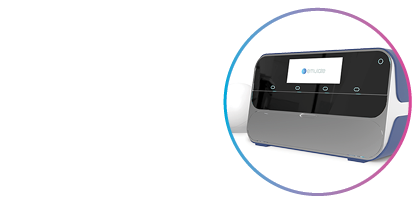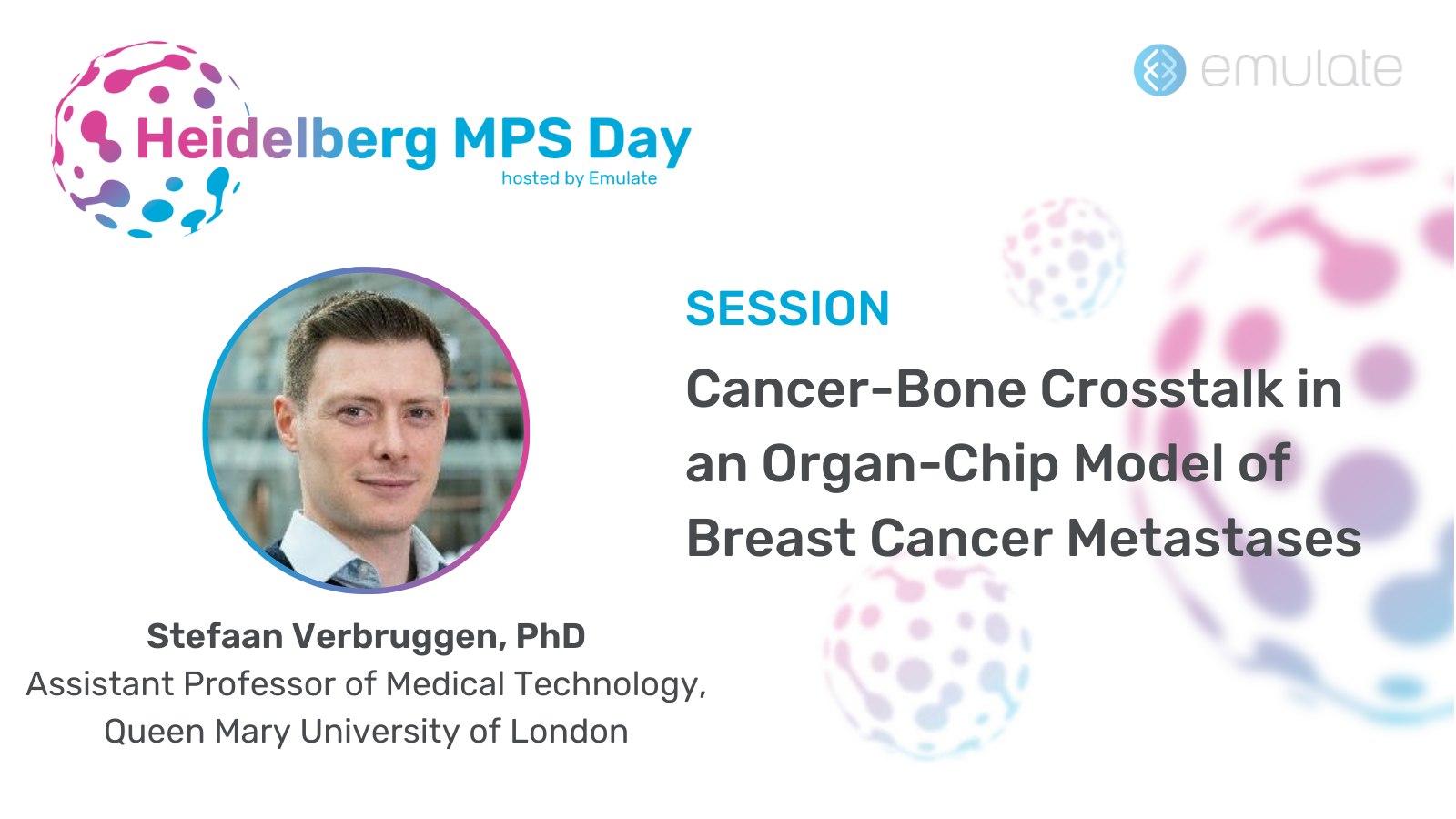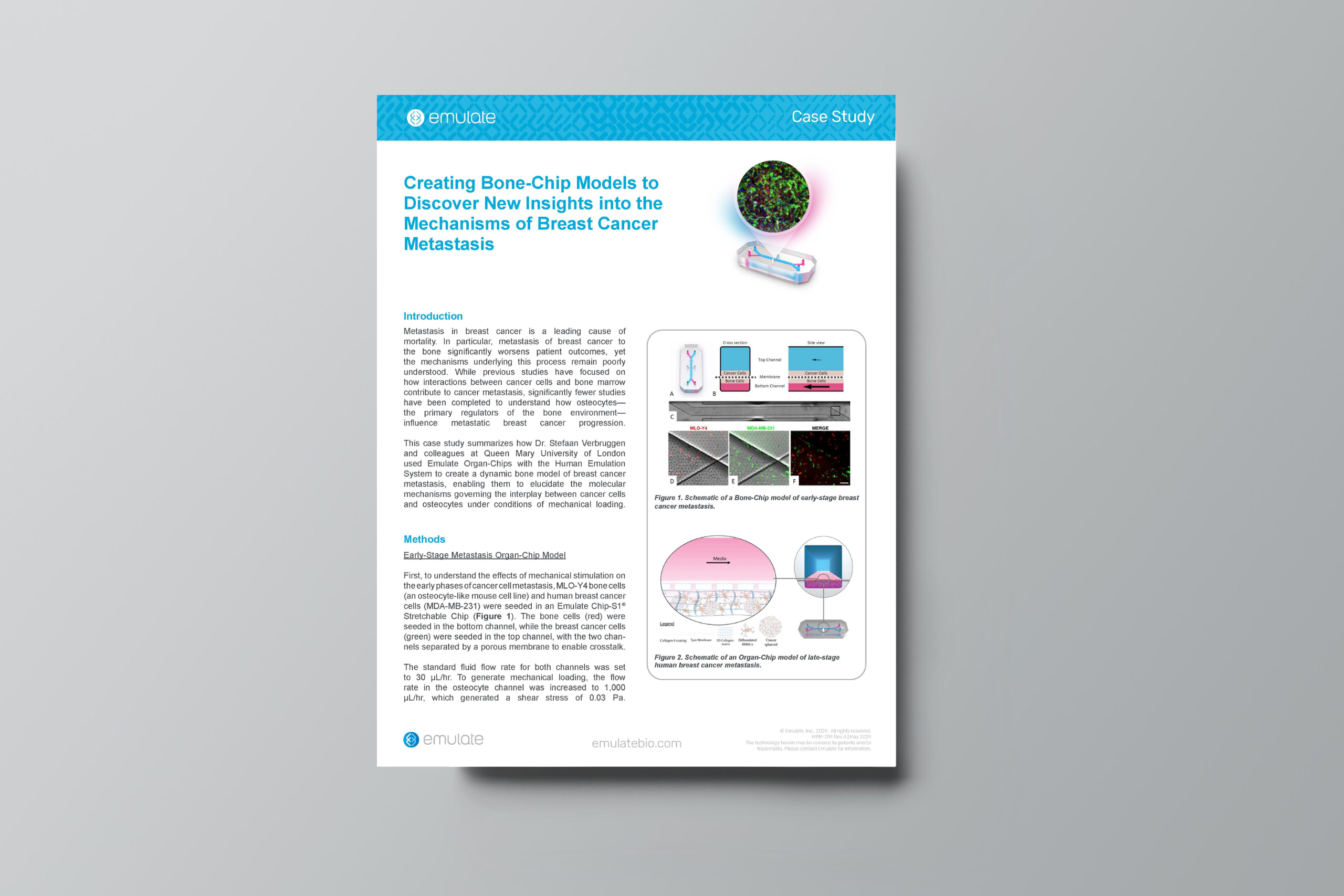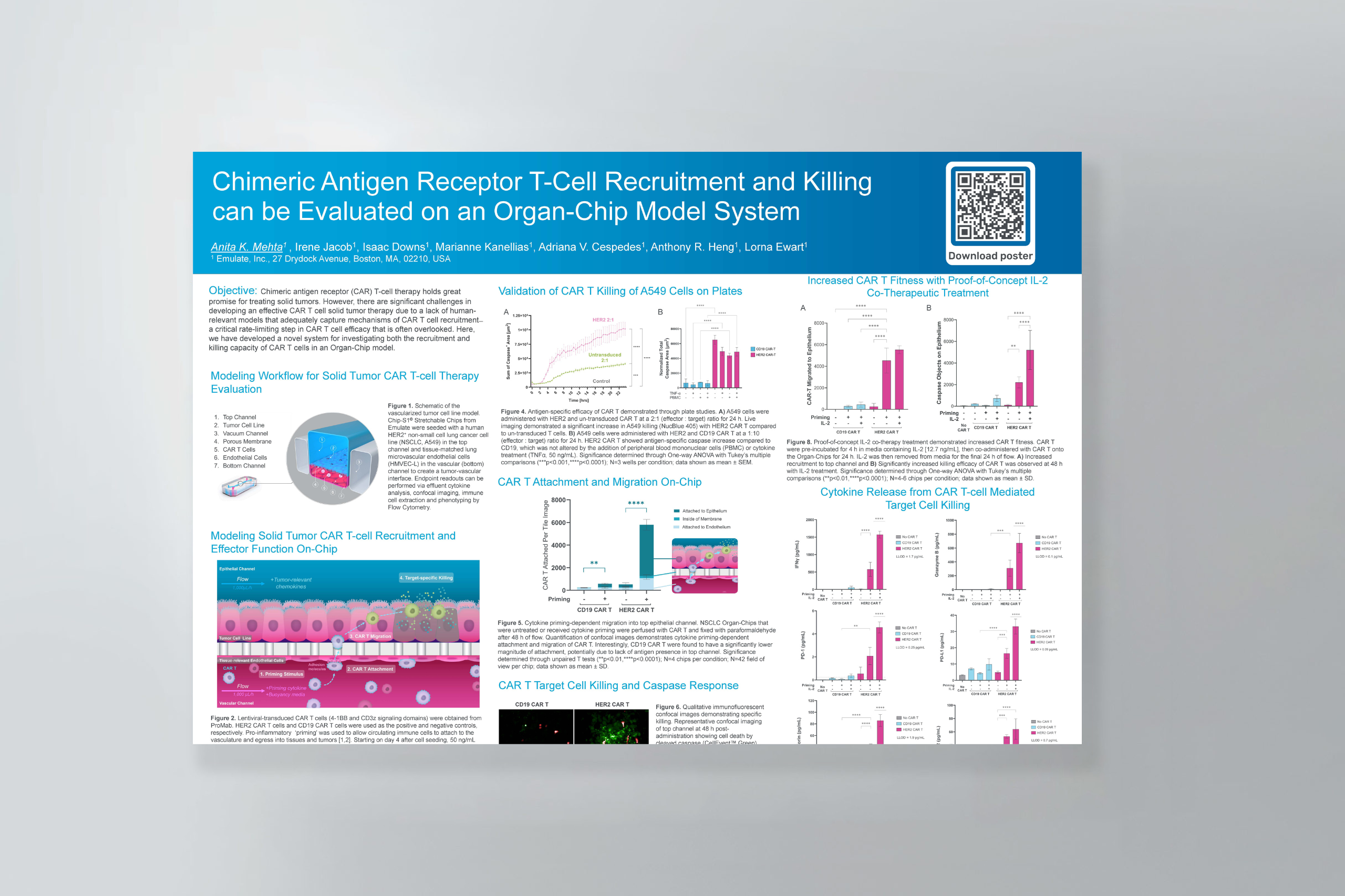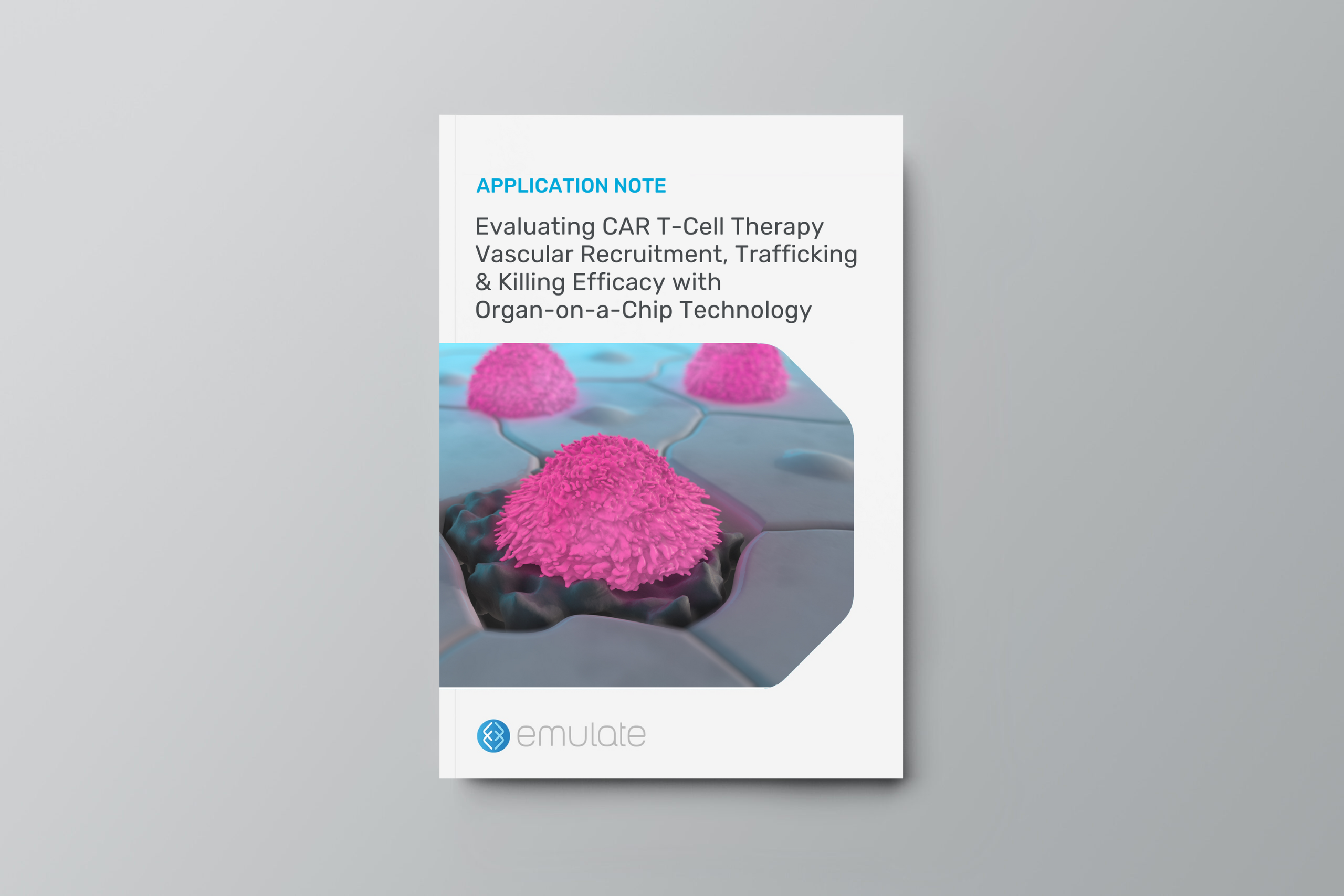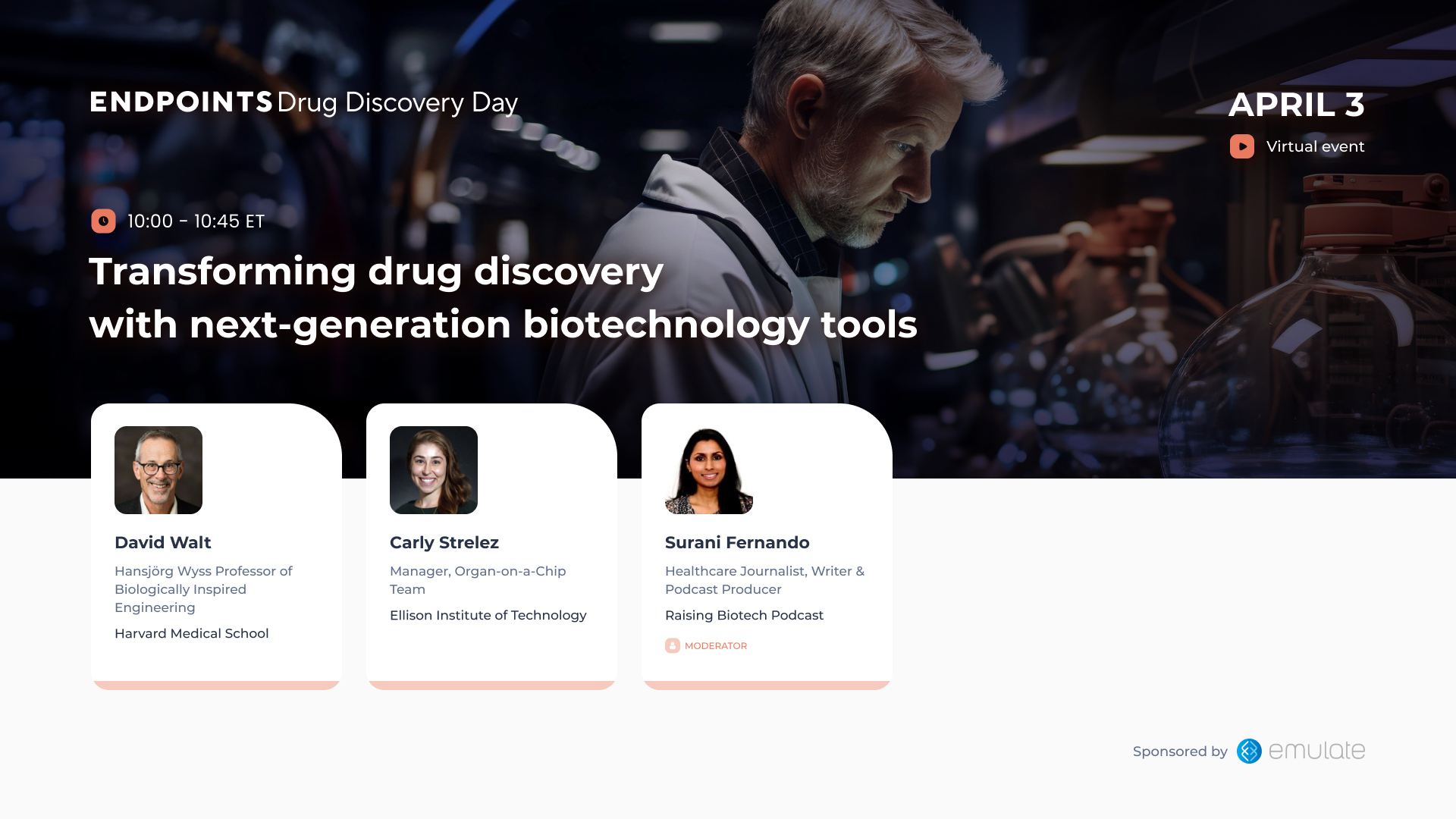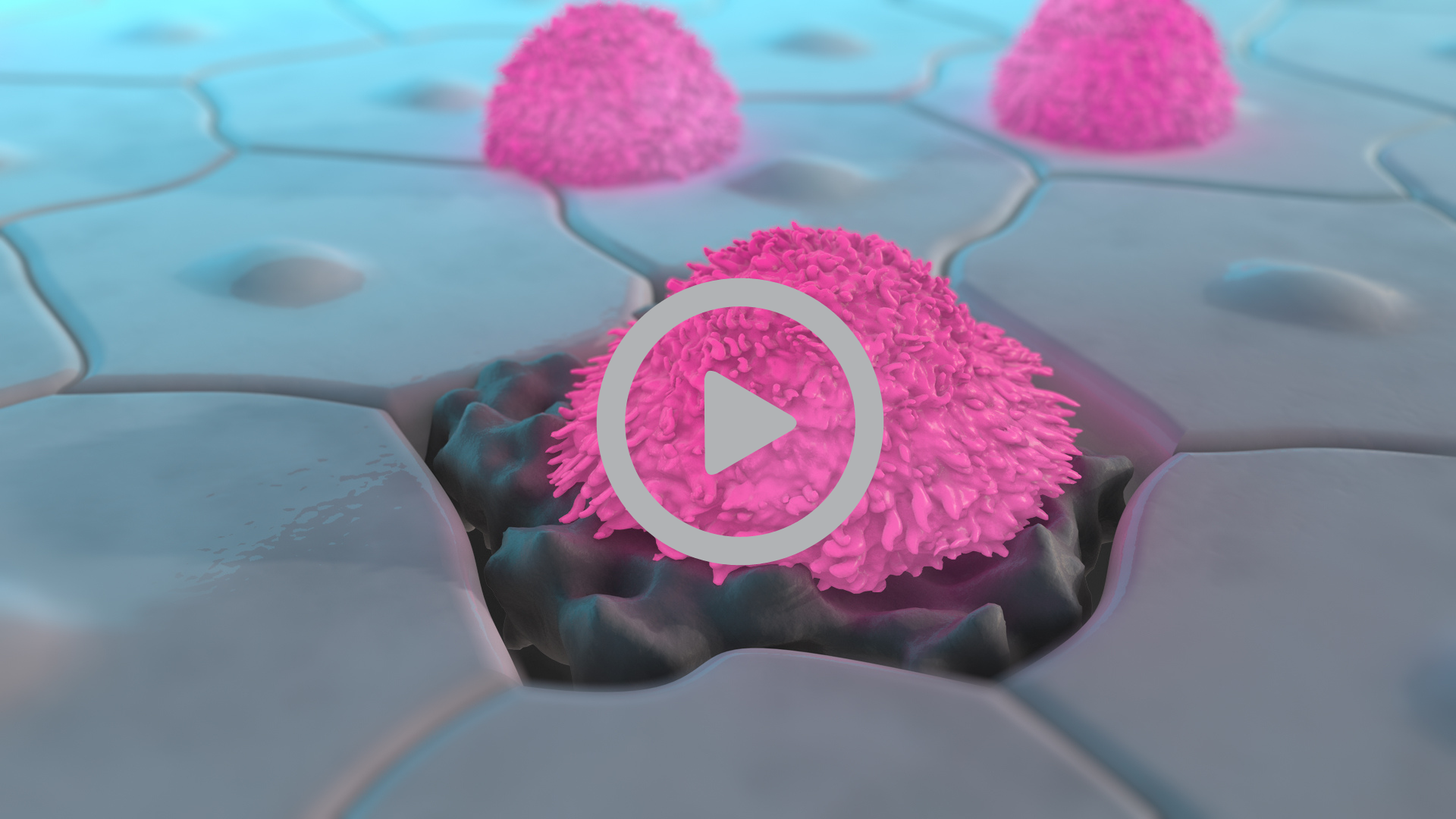In this session from Heidelberg MPS Day, Dr. Stefaan Verbruggen presents his work on developing advanced Organ-Chip models to explore how breast and prostate cancer cells interact with bone tissue, particularly osteocytes. His research aims to understand why these cancers metastasize to bone and how the bone’s internal cells contribute to tumor growth. By combining cancer cells with osteoblasts, osteoclasts, and osteocytes in microfluidic chips and applying controlled fluid flow, his team can recreate key aspects of the bone environment. This approach reveals differences from traditional 2D cell culture methods, showing more complex, physiologically relevant behaviors. Ultimately, Dr. Verbruggen’s work seeks to refine these models, incorporate patient-derived cells, and achieve more accurate predictions of cancer progression and potential therapeutic responses.
Organ Model: Cancer Models
Cancer-Bone Crosstalk in an Organ-Chip Model of Breast Cancer Metastases
Cancer and the Microbiome
This webinar focuses on the complex relationship between cancer development and the human microbiome, and how understanding this interplay might improve prevention and treatment strategies.
In the first half of the webinar, Dr. Rafik Fellague-Chebra, an executive global group medical director at Novartis with over two decades of experience in oncology, begins by reviewing the fundamental hallmarks of cancer—such as sustained proliferation, evading immune surveillance, and promoting angiogenesis. He introduces the concept of the “oncobiome,” describing how imbalances in gut microbes and other microorganisms can contribute to cancer initiation, progression, and response to therapy. He discusses how certain bacterial species and their metabolites may foster tumor growth and metastasis, while others could enhance immune responses or even improve the effectiveness of cancer treatments. Finally, he explores emerging therapeutic approaches—such as probiotics, fecal microbiota transplants, and personalized microbiome interventions—that may one day help predict, prevent, and more effectively treat cancer.
In the second half of the webinar, Dr. Jens Puschhof from the German Cancer Research Center focuses on leveraging advanced Organ-Chip models to dissect the impact of the microbiome on cancer progression. These engineered microfluidic platforms replicate key aspects of human organs and tumors, allowing precise control of the cellular environment and microbial composition. By integrating organoids derived from patient samples with specific microbial communities, his research illuminates the intricate cellular and molecular dialogues that drive tumor growth, metastasis, and treatment response. Through these highly physiologically relevant models, Dr. Puschhof’s work aims to identify actionable microbial factors and pathways, ultimately enabling better prediction of therapeutic outcomes and more effective, personalized cancer interventions.
Heidelberg MPS Day
Heidelberg MPS Day, held on October 1st, 2024, was a one-day Organ-Chip User Group Meeting centered around the theme of “Disease-on-Chip: Insights from Cancer, Infectious Disease & Respiratory Models.”
At this event, Organ-Chip users and enthusiasts from across Europe came together to attend expert-led sessions, network, and discuss the latest advancements in the field.
Featured talks include:
“The Human Emulation System – Advancing Research in Cancer and Infectious Diseases” by Christine Lansche, PhD, Scientific Liaison, Emulate
“Alveolus Lung-Chip for Studying Alveolar Niche and Lung Repair” by Irina Shalashova, PhD, Postdoctoral Researcher, Boehringer Ingelheim
“Cord Formation and Alveolar Immunity – Harnessing Microphysiological Models to Study Humanity’s Oldest Foe” by Vivek Thacker, PhD, Group Leader, Heidelberg University Medical Faculty
“Cancer-Bone Crosstalk in an Organ-Chip Model of Breast Cancer Metastases” by Stefaan Verbruggen, PhD, Assistant Professor of Medical Technology, Queen Mary University of London
“Modelling Cancer-Microbe Interactions with Organoids and Organs-on-Chips” by Jens Puschhof, PhD, Principal Investigator, DKFZ
“Microbial Insights in Oncology” by Rafik Fellague-Chebra, MD, Msc, Executive Global Group Medical Director, Novartis
“Exacerbation of Influenza Virus Induced Lung Injury by Alveolar Macrophages and Its Suppresion by Pyroptosis Blockade in a Human Lung Alveolus Chip” by Yuncheng Man, PhD, Postdoctoral Research Fellow, Wyss Institute & Boston Children’s Hospital
Modeling the Holistic Journey of Solid Tumor Cell Therapy with Organ-Chips
Chimeric antigen receptor (CAR) T-cell therapy shows significant potential in treating various human cancers. Unfortunately, researchers have faced difficulty in adapting this therapy to target solid tumors, where CAR T cells face unique challenges, such as antigen heterogeneity, an immuno-suppressive microenvironment, and T-cell exhaustion.
However, none of these challenges matter unless the CAR T cells can extravasate out of the blood stream and successfully migrate to the site of the tumor—an often-overlooked yet critical rate-limiting part of the process that cannot be modeled in conventional cell cultures.
To address this, Emulate has recently launched a validated Organ-Chip workflow enabling researchers to model the entire journey of solid tumor CAR T-cell therapy in a vascularized cancer cell line model.
In this data-driven webinar, Emulate Principal Scientist Anita Mehta, PhD, demonstrates the capabilities of this new CAR T Organ-Chip workflow. After watching, you will learn how to use Organ-Chips to model CAR T-cell therapy administration, vascular attachment, migration, and antigen-specific killing—all in a single model. Additionally, Luke Dimasi, Sr. Director of Product Management, provides an overview of Emulate Organ-on-a-Chip technology and how it can be used to faithfully model the complexities of human biology across a variety of applications.
In this webinar, you will learn about:
- Emulate Organ-on-a-Chip technology and its applications in disease research and drug development.
- Modeling CAR T-cell recruitment and solid tumor cell killing in a unified Organ-Chip assay.
- Evaluating co-therapeutics to enhance CAR T recruitment and killing efficiency.
- Conducting comprehensive CAR T efficacy analysis through techniques such as confocal imaging with automated quantification, effluent analysis of cytokine release, and immune cell extraction and phenotyping.
Creating Bone-Chip Models to Discover New Insights into the Mechanisms of Breast Cancer Metastasis
Metastasis in breast cancer is a leading cause of mortality. In particular, breast cancer that metastasizes to the bone significantly worsens patient outcomes; however, the mechanisms underlying this process remain poorly understood. While previous studies have focused on how interactions between cancer cells and bone marrow contribute to cancer metastasis, significantly fewer studies have been completed that aim to understand how osteocytes—the primary regulators of the bone environment—influence metastatic breast cancer progression.
This case study summarizes how Dr. Stefaan Verbruggen and colleagues at Queen Mary University of London used Emulate Organ-Chips with the Human Emulation System to create a dynamic bone model of breast cancer metastasis, enabling them to elucidate the molecular mechanisms governing the interplay between cancer cells and osteocytes under conditions of mechanical loading.
In this case study, you will learn how:
- Researchers used Organ-Chips to recapitulate breast cancer metastasis to the bone.
- Mechanical stimulation plays a key role in early- and late-stage breast cancer metastasis.
- Organ-Chips can benefit cancer researchers through enabling tissue co-cultures and the selective application of shear stress in a complex 3D tumor microenvironment.
CAR T-Cell Recruitment and Killing can be Evaluated on an Organ-Chip Model System
Abstract
Chimeric antigen receptor (CAR) T-cell therapy holds great promise for treating solid tumors. However, there are significant challenges in developing an effective CAR T cell solid tumor therapy due to a lack of human-relevant models that adequately capture mechanisms of CAR T cell recruitment—a critical rate-limiting step in CAR T cell efficacy that is often overlooked.
View this poster, presented at IMMUNOLOGY2024, to learn how Emulate researchers developed a novel system for investigating both the recruitment and killing capacity of CAR T cells in an Organ-Chip model.
Click here to watch Emulate Principal Scientist Anita Mehta’s full poster walkthrough from IMMUNOLOGY2024.
Evaluating CAR T-Cell Therapy Vascular Recruitment, Trafficking & Killing Efficacy with Organ-on-a-Chip Technology
Chimeric antigen receptor (CAR) T-cell therapy shows significant potential in treating various human cancers. Unfortunately, researchers have faced difficulty in adapting this therapy to target solid tumors, where CAR T cells face unique challenges, such as antigen heterogeneity, an immuno-suppressive microenvironment, and T-cell exhaustion.
However, none of these challenges matter unless the CAR T cells can extravasate out of the blood stream and successfully migrate to the site of the tumor—an often-overlooked yet critical rate-limiting part of the process that cannot be modeled in conventional cell cultures.
This application note explains how Organ-Chips can be used to model the entire journey of solid tumor CAR T-cell therapy in a vascularized cancer cell line model.
In this application note, you will learn how Organ-Chips can be used to:
- Evaluate CAR T-cell vascular recruitment and killing efficacy in a single, unified assay.
- Assess antigen-specific killing and degranulation through a range of imaging and effluent-based analysis.
- Investigate co-therapeutic efficacy, as shown by proof-of-concept IL-2 data.
- Adapt the workflow to study a diverse range of solid tumor cell lines, immunotherapies, and co-therapeutics.
Drug Discovery Day 2024: A Patient-Derived Organ-on-Chip Platform to Model the Colorectal Tumor Microenvironment and Cancer Progression
In this webinar from Drug Discovery Day 2024, Carly Strelez, PhD, discusses her work using Organ-on-a-Chip technology to better understand colorectal cancer progression and transform approaches to personalized medicine.
Speaker:

Carly Strelez, PhD
Manager, Organ-on-a-Chip Team
Lawrence J. Ellison Institute for Transformative Medicine
Evaluating Solid Tumor CAR T Efficacy with Organ-on-a-Chip Technology
Chimeric antigen receptor (CAR) T-cell therapy holds great promise as a treatment for a variety of human cancers, but successfully adapting this treatment for solid tumors has remained elusive. A major challenge is that conventional 2D cell models are unable to recreate the journey that solid tumor CAR T-cell therapy undergoes in the human body. In this video, see how Emulate Organ-Chips can be used to evaluate the efficacy of CAR T-cell therapies and provide a more comprehensive model that integrates both the recruitment and killing aspects of CAR T function.
Want to learn more?
Explore our solutions for Cell Therapy
Read the CAR T application note
Watch our on-demand webinar: Modeling the Holistic Journey of Solid Tumor Cell Therapy with Organ-Chips
Improving In Vitro Cancer Modeling with Chip-A1
Webinar Abstract
Oncology drug candidates are currently the least likely type of therapeutic to succeed in clinical trials, with only 5.1% of Phase I candidates going on to receive FDA approval1. Understanding a tumor’s microenvironment is key to regulating cancer progression and developing more effective therapies—and Chip-A1 will give researchers this capability.
In this August 15, 2023 webinar, Luke Dimasi, Senior Director of Product Management at Emulate, provided an overview of the Chip-A1 Accessible Chip, a new Organ-Chip consumable that expands the applications of Organ-on-a-Chip technology by allowing users to create thicker, multilayered tissues within the epithelial culture chamber and directly treat the tissue with topical or aerosolized drugs. Following this introduction, Elee Shimshoni, PhD, postdoctoral researcher at MIT, discussed how she and her former team from the Wyss Institute at Harvard used a prototype of Chip-A1 and found that it offered a new approach for studying epithelial-stromal interactions in Barrett’s Esophagus as well as the broader underlying mechanisms associated with esophageal cancer progression.
During this webinar, the speakers discussed:
- New capabilities of Chip-A1 that expand the applications of Organ-on-a-Chip technology
- Why Chip-A1 improves in vitro modeling of epithelial-stromal interactions and tumor microenvironments
- A case study of using Chip-A1 to model Barrett’s Esophagus
- How a Barrett’s Esophagus Chip-A1 model could potentially serve as a tool for personalized drug-response assessments between different patients or genetic subpopulations
About Organ-on-a-Chip Technology
Organ-on-a-Chip technology is poised to deliver a paradigm shift in drug discovery. By emulating human physiology, Organ-Chips have the potential to increase the predictive power of preclinical modeling and advance more drugs to the clinic. Learn more about Organ-on-a-Chip technology by downloading our free eBook.
